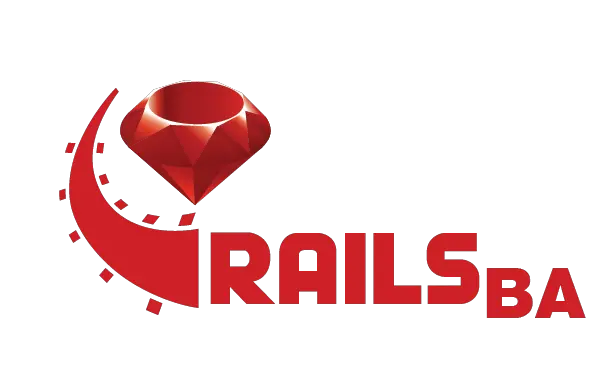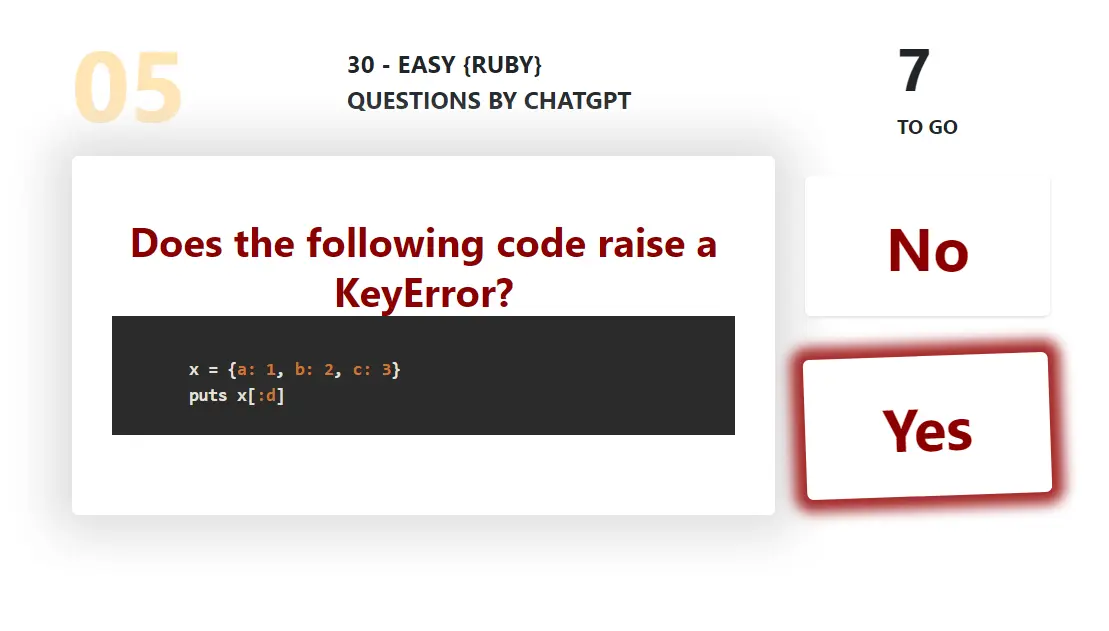
When a company becomes a hostage of its own employees.. 03/02/2023 ~ Views: 1243
Lately, I am thinking very often about the situation in which companies lose so much because they become hostages by their own workers.
As an IT contractor, I often worked with companies and their employees, either as an employee or as an external collaborator.
I've seen many times when a company's productivity, direction, and scope depend on the opinion of a certain person in the company.
Here is what ChatGPT has to say by providing blog title to it:
As an IT contractor, I often worked with companies and their employees, either as an employee or as an external collaborator.
I've seen many times when a company's productivity, direction, and scope depend on the opinion of a certain person in the company.
Here is what ChatGPT has to say by providing blog title to it:
This situation is commonly referred to as "employee capture." It occurs when the employees of a company have significant influence over its decision-making process, leading to actions that prioritize the interests of employees over those of the company and its shareholders. This can lead to reduced productivity, decreased profitability, and decreased competitiveness. To avoid this situation, it's important for companies to have a well-defined governance structure and to regularly evaluate the balance of power between management and employees.
Situations where such issues are decided by someone from the top of the company, the CEO or CTO, seem very normal. But very often we can also see situations where such matters are decided by the opinion of someone who has been on the project a long time. Someone like head lead or senior developer, or some other title that describes a high-ranking employee within the company or on an individual project.
This situation also, can be acceptable and normal. Nevertheless, such a person certainly has a lot to say and suggest about the current project and the next steps.
However, it is very often easy to see that these people most often make projections on behalf of the company and the project in the direction and scope that suits them personally. Regardless of whether it is unacceptable for the company from the point of view of the time required for implementation or pure costs and losses.
In most cases, companies lose too much only for the reason that they become a
Such an employee will very often not accept a different proposal, considering his position; and if the proposal comes from a lower ranked colleague, he will find a way and an excuse for why that proposal is not good, and of course how his is better.
In such situations, it is difficult to offer stronger and better arguments purely for reasons of different staff / ranks.
As I mentioned earlier about the insufficient development of some basic human qualities in people from IT, I will mention here again that IT in general, no matter how much it benefits from different individuals/geniuses and introverted workers, very often loses too much due to such individuals who are missing a lot from human and social side.
I have witnessed various activities of such persons, preventing others from expressing themselves. In such profiles, if they find themselves in a position where they need to interview a new employee, if they feel any competition with the new employee, their opinion about him is guaranteed to be negative.
They will do everything just to get rid of him at the interview itself. If, by any chance, the interview goes through, then (at best) various tricks will be used to suppress the initiative, proposals and the very pace of activity of the new employee.
They will transfer less important tasks to him to do, very often, answer questions much later, and provide general support in onboarding pretty slowly.
Very often, new employees at the beginning try to give 110% of their abilities in order to fit into the company as soon as possible and become productive and justify the opportunity they have been given. On the other hand, old employees are often greatly bothered by all this enthusiasm. Very often, they feel threatened by the impetuousness of the new employee, and thus begin to use various ways to blunt that impetuousness and
They do everything so that nothing changes with the arrival of new workers. In order not to disrupt their pace and productivity, which I don't think is really ok. Primarily towards the company and then towards all other colleagues as well as new ones.
A person's character is a very important trait, both for the individual himself and for the groups in which he acts. Individuals can often make an excellent contribution to a group, a project; however, when the group finds itself at the mercy of an individual, things will not produce a good result.
It is very important that the company must control those
Often the company is brought into this situation because it is trying to save on hiring more good people at the beginning. Saving money in the beginning will very quickly start to cost much, much more, when the company becomes the hostage of its own workers.
Tags: #company #employees #hostage








